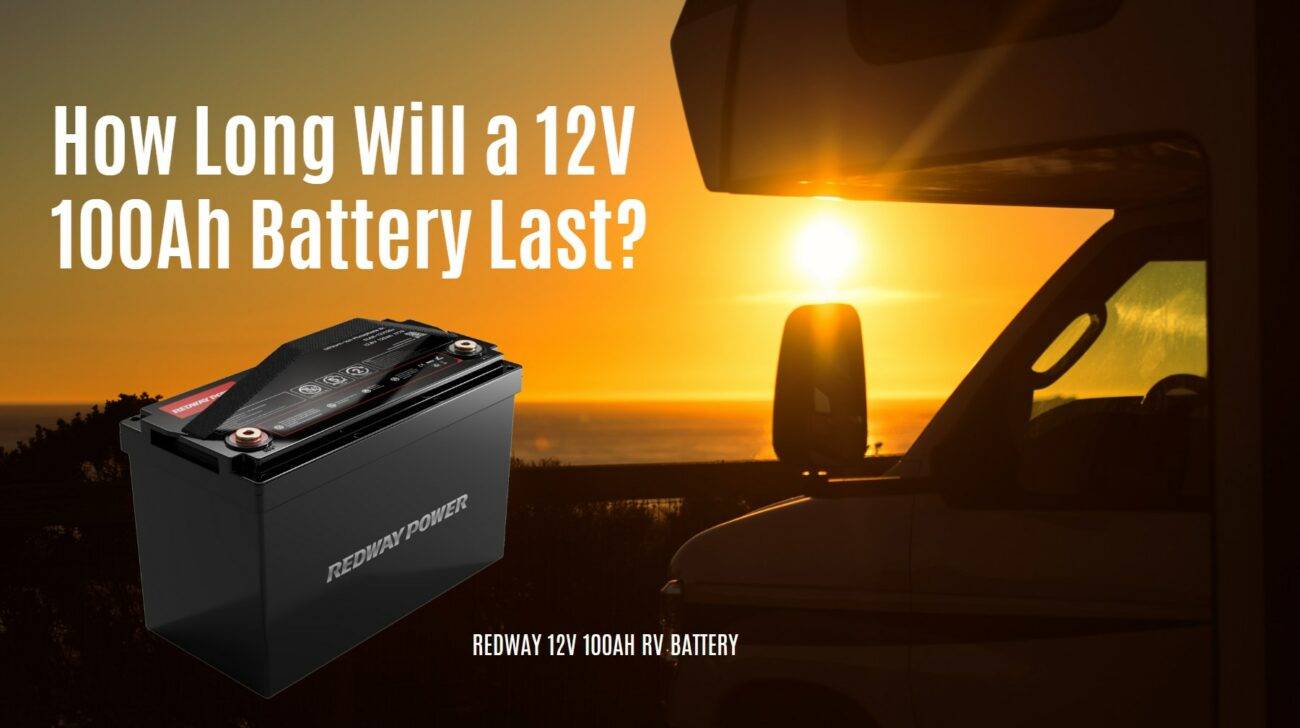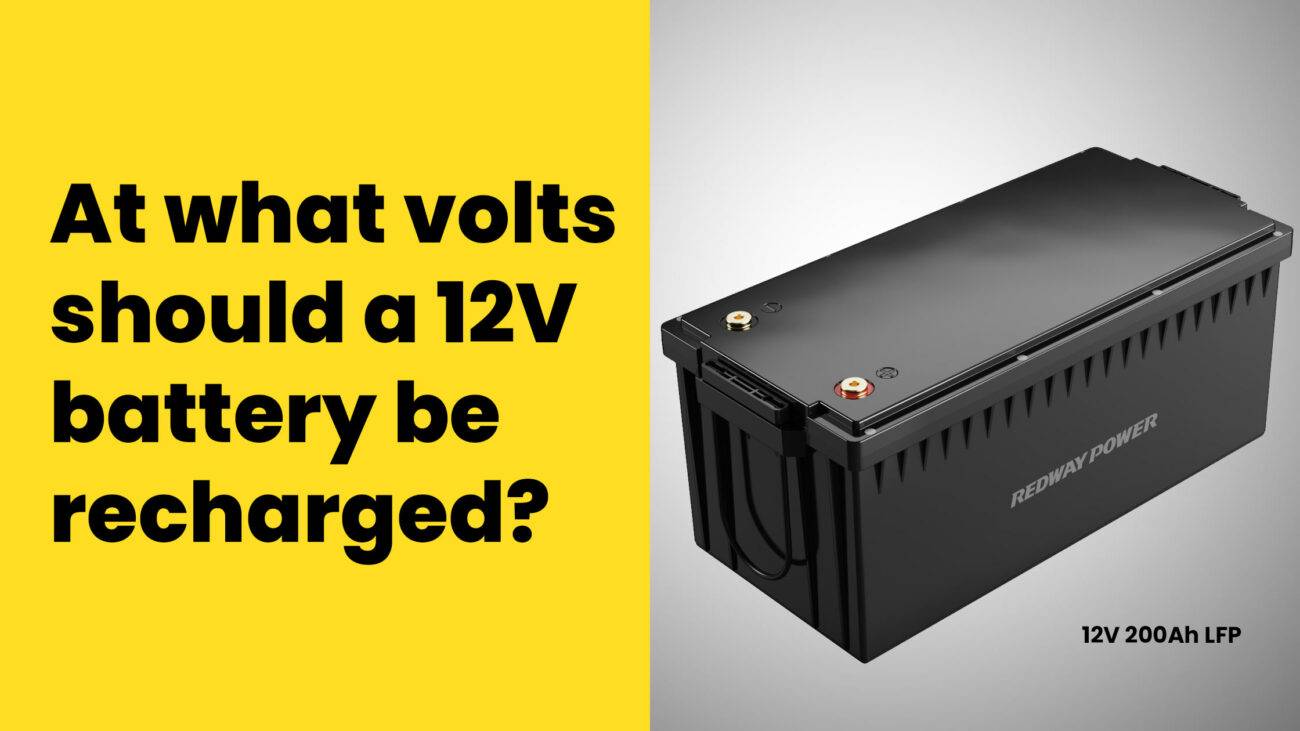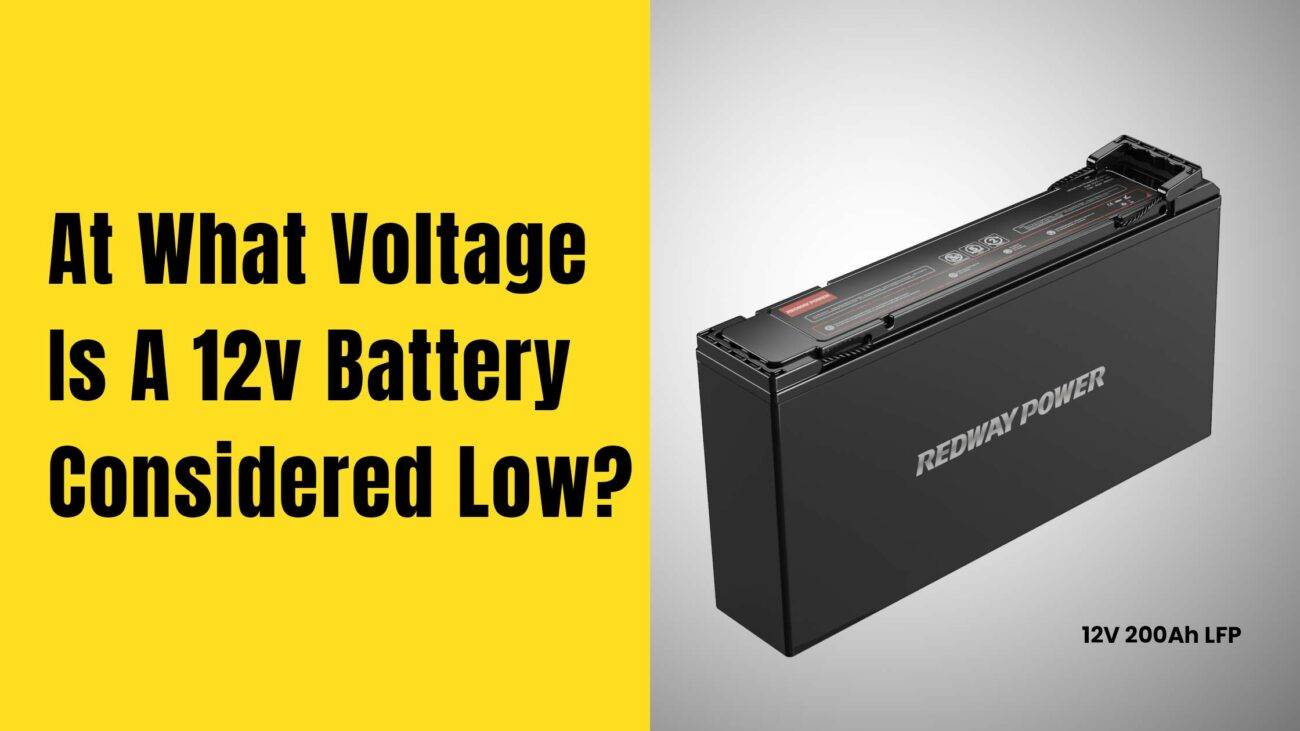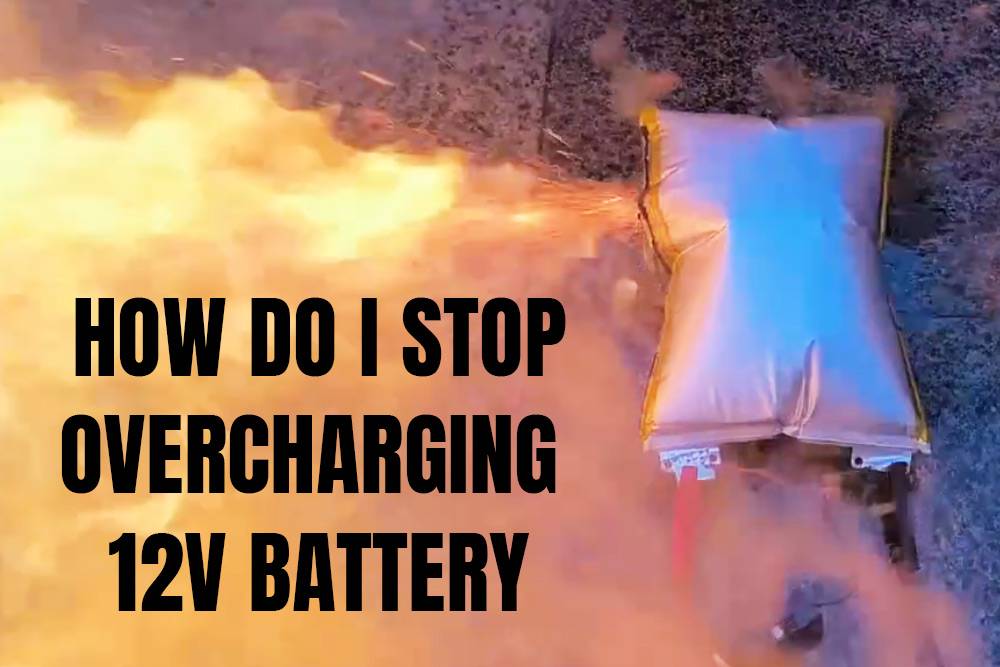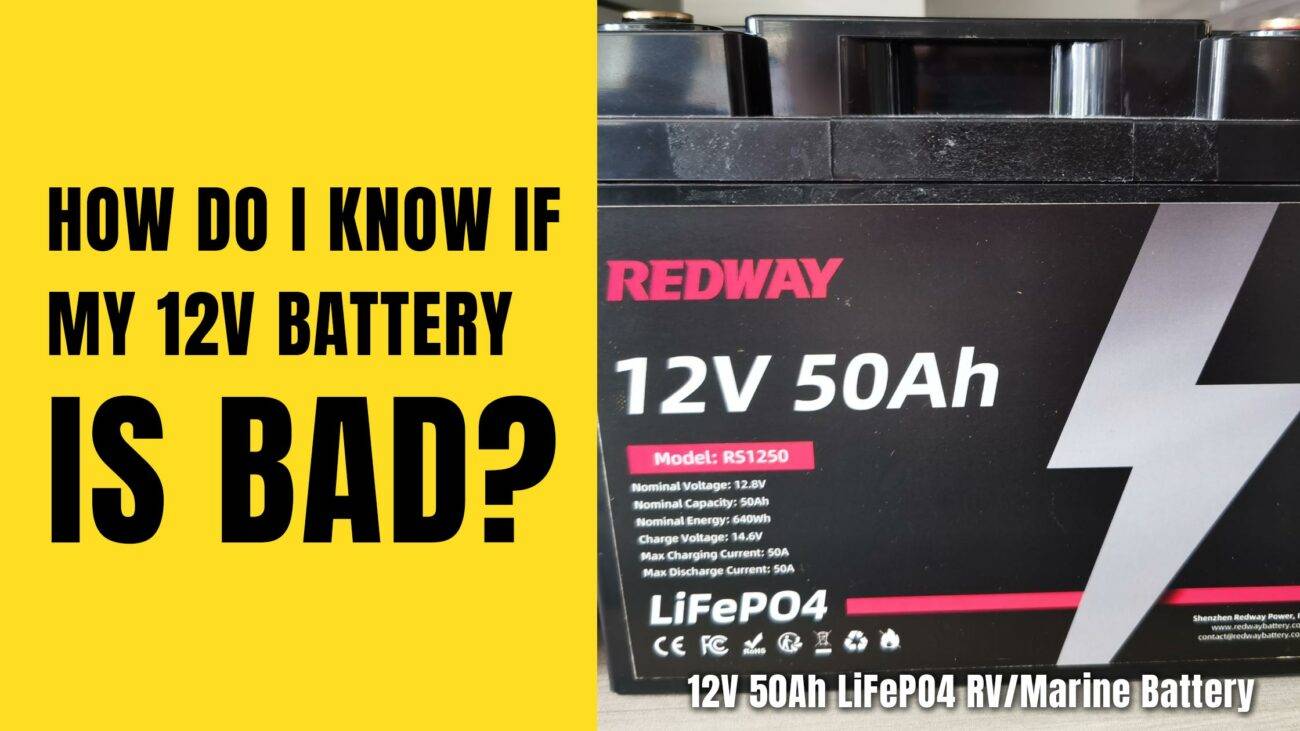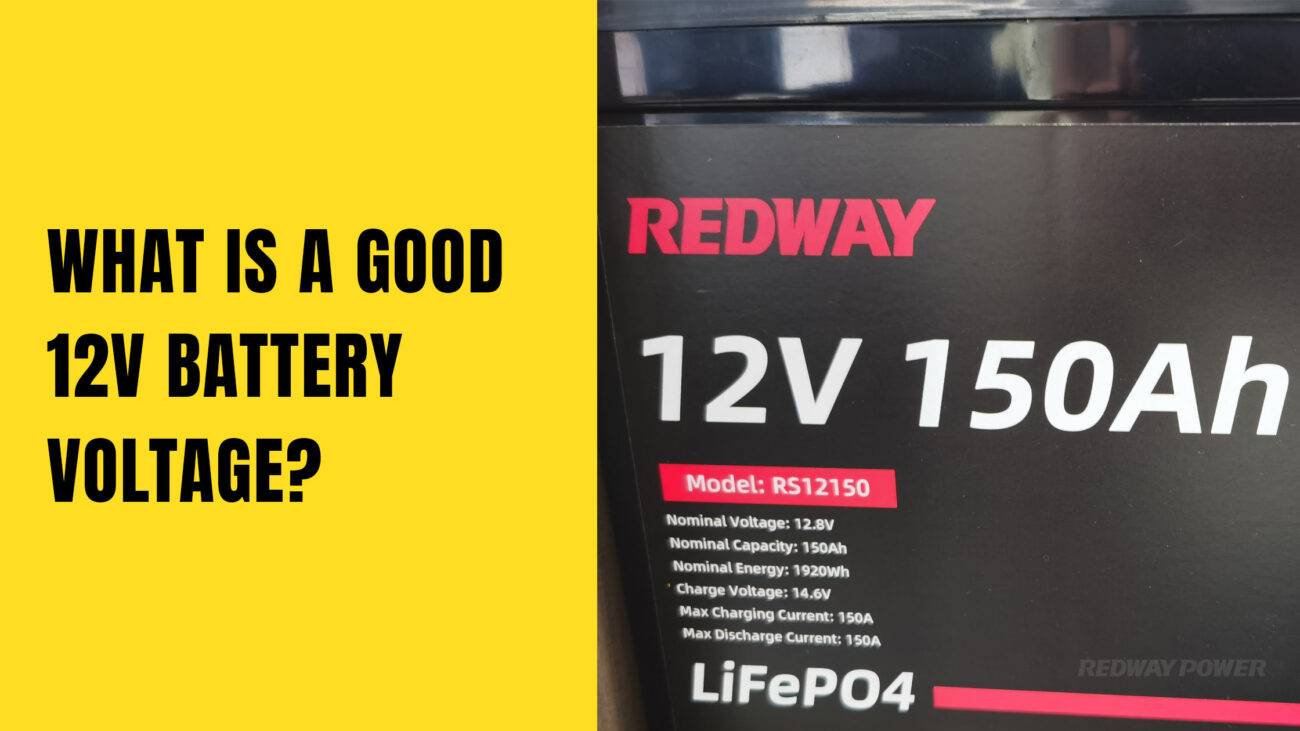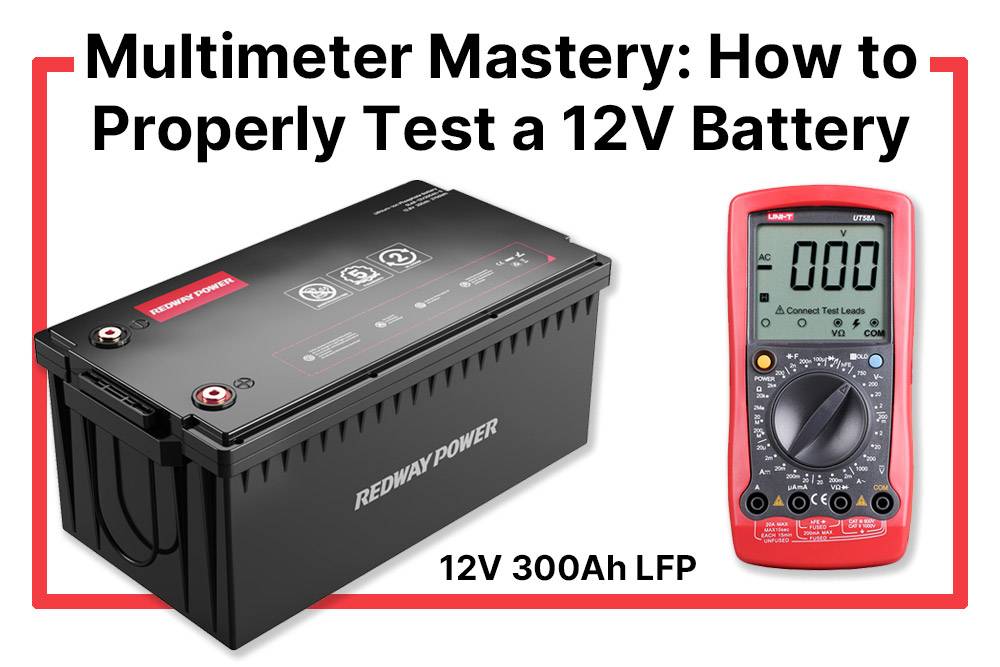- Lithium Golf Cart Battery
- Forklift Lithium Battery
-
48V
- 48V 210Ah
- 48V 300Ah
- 48V 420Ah (949 x 349 x 569 mm)
- 48V 420Ah (950 x 421 x 450 mm)
- 48V 456Ah
- 48V 460Ah (830 x 630 x 590 mm)
- 48V 460Ah (950 x 421 x 450 mm)
- 48V 460Ah (800 x 630 x 600 mm)
- 48V 460Ah (820 x 660 x 470 mm)
- 48V 500Ah
- 48V 560Ah (810 x 630 x 600 mm)
- 48V 560Ah (950 x 592 x 450 mm)
- 48V 600Ah
- 48V 630Ah
-
48V
- 12V Lithium Battery
12V 150Ah Lithium RV Battery
Bluetooth App | BCI Group 31
LiFePO4 Lithium
Discharge Temperature -20°C ~ 65°C
Fast Charger 14.6V 50A
Solar MPPT Charging - 24V Lithium Battery
- 36V Lithium Battery
- 48V Lithium Battery
-
48V LiFePO4 Battery
- 48V 50Ah
- 48V 50Ah (for Golf Carts)
- 48V 60Ah (8D)
- 48V 100Ah (8D)
- 48V 100Ah
- 48V 100Ah (Discharge 100A for Golf Carts)
- 48V 100Ah (Discharge 150A for Golf Carts)
- 48V 100Ah (Discharge 200A for Golf Carts)
- 48V 150Ah (for Golf Carts)
- 48V 160Ah (Discharge 100A for Golf Carts)
- 48V 160Ah (Discharge 160A for Golf Carts)
-
48V LiFePO4 Battery
- 60V Lithium Battery
-
60V LiFePO4 Battery
- 60V 20Ah
- 60V 30Ah
- 60V 50Ah
- 60V 50Ah (Small Size / Side Terminal)
- 60V 100Ah (for Electric Motocycle, Electric Scooter, LSV, AGV)
- 60V 100Ah (for Forklift, AGV, Electric Scooter, Sweeper)
- 60V 150Ah (E-Motocycle / E-Scooter / E-Tricycle / Tour LSV)
- 60V 200Ah (for Forklift, AGV, Electric Scooter, Sweeper)
-
60V LiFePO4 Battery
- 72V~96V Lithium Battery
- Rack-mounted Lithium Battery
- E-Bike Battery
- All-in-One Home-ESS
- Wall-mount Battery ESS
-
Home-ESS Lithium Battery PowerWall
- 24V 100Ah 2.4kWh PW24100-S PowerWall
- 48V 50Ah 2.4kWh PW4850-S PowerWall
- 48V 50Ah 2.56kWh PW5150-S PowerWall
- 48V 100Ah 5.12kWh PW51100-F PowerWall (IP65)
- 48V 100Ah 5.12kWh PW51100-S PowerWall
- 48V 100Ah 5.12kWh PW51100-H PowerWall
- 48V 200Ah 10kWh PW51200-H PowerWall
- 48V 300Ah 15kWh PW51300-H PowerWall
PowerWall 51.2V 100Ah LiFePO4 Lithium Battery
Highly popular in Asia and Eastern Europe.
CE Certification | Home-ESS -
Home-ESS Lithium Battery PowerWall
- Portable Power Stations
How Do 6V and 12V Batteries Compare for Your Needs?
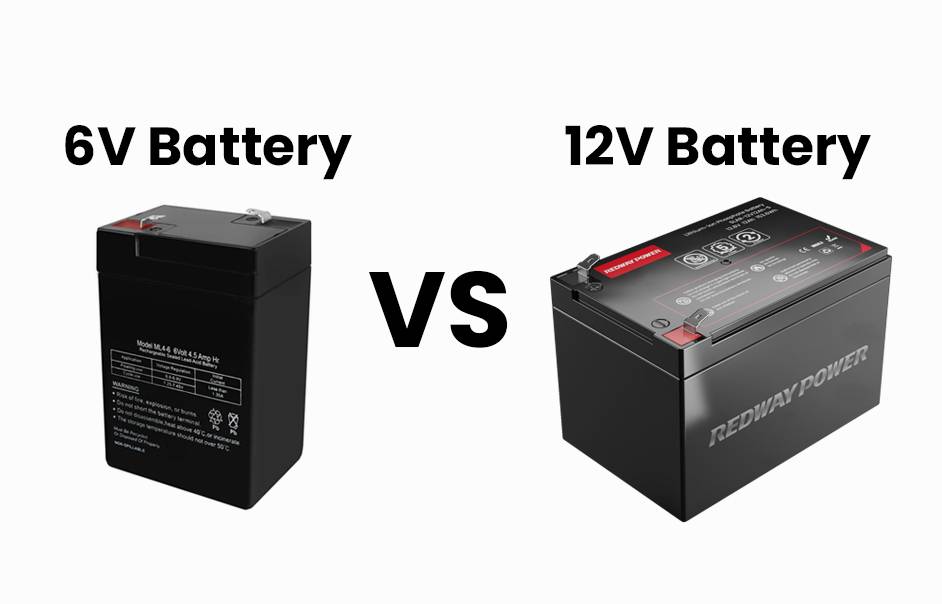
When comparing 6V and 12V batteries, understanding their differences is crucial for selecting the right power source for your needs. Both battery types have unique advantages and applications, making them suitable for various devices, including recreational vehicles (RVs), solar systems, and backup power supplies. Choosing between them depends on factors like capacity, size, and intended use.
What Are 6V Batteries and Their Uses?
A 6V battery is an energy storage device that discharges electricity at a constant voltage of six volts. These batteries are commonly used in applications requiring consistent power over extended periods. Typical uses include:
- Recreational Vehicles (RVs): Often used in pairs to provide sufficient power for lighting, appliances, and other electrical systems.
- Golf Carts: Commonly found in electric golf carts due to their long cycle life.
- Backup Power Systems: Used in emergency lighting and backup power supplies.
| Application | Description |
|---|---|
| Recreational Vehicles (RVs) | Provides reliable power for appliances and lighting |
| Golf Carts | Powers electric golf carts with long-lasting energy |
| Backup Power Systems | Offers emergency power for lights and small devices |
What Are 12V Batteries and Their Uses?
A 12V battery stores energy at twelve volts, making it suitable for various applications where higher voltage is required. Common uses include:
- Automotive Applications: Widely used in cars, trucks, and motorcycles.
- Home Inverters: Powers home inverter systems for backup electricity.
- Solar Systems: Often utilized in solar energy storage systems.
| Application | Description |
|---|---|
| Automotive Applications | Powers vehicles, including cars and motorcycles |
| Home Inverters | Supplies backup power during outages |
| Solar Systems | Stores energy generated by solar panels |
What Are the Advantages of Using 6V Batteries?
6V batteries offer several benefits:
- Higher Amp-Hour Capacity: Typically provide more energy storage compared to equivalent-sized 12V batteries.
- Better Performance Under Load: They maintain voltage better under heavy loads.
- Longer Lifespan: With proper care, they can outlast many standard batteries.
| Advantage | Explanation |
|---|---|
| Higher Amp-Hour Capacity | More energy storage allows longer usage |
| Better Performance Under Load | Maintains voltage better during high demand |
| Longer Lifespan | Can last significantly longer with proper maintenance |
What Are the Disadvantages of Using 6V Batteries?
Despite their advantages, there are some drawbacks:
- Higher Cost: Generally more expensive than comparable capacity 12V batteries.
- Larger Size: They are bulkier, which may limit installation options.
- Less Common Availability: Finding replacements can be more challenging.
What Are the Advantages of Using 12V Batteries?
The benefits of using a 12V battery include:
- Widespread Availability: Easily found in most retail stores.
- Lower Initial Cost: Typically cheaper than comparable capacity 6V batteries.
- Simpler Installation: Often easier to install due to standard sizing.
| Advantage | Explanation |
|---|---|
| Widespread Availability | Readily available at most retailers |
| Lower Initial Cost | Generally cheaper than equivalent capacity options |
| Simpler Installation | Standardized sizes make installation straightforward |
What Are the Disadvantages of Using 12V Batteries?
However, there are some disadvantages:
- Shorter Lifespan: May not last as long as well-maintained 6V batteries.
- Lower Capacity Under Load: May struggle under heavy loads compared to two connected 6Vs.
- Heavier Weight: Can be bulkier, making them harder to fit into tight spaces.
How Do You Decide Between Using a 6V or a 12V Battery?
Choosing between a 6V or 12V battery depends on your specific needs:
- For applications requiring longer run times with lower amperage draw (like RVs), two 6V batteries connected in series may be preferable.
- If you need a battery that is easy to find and install, especially for automotive or household use, then a 12V battery is likely your best option.
Can Two 6V Batteries Be Used Instead of One 12V Battery?
Yes, connecting two 6 volt batteries in series effectively creates a single 12 volt battery system. This setup offers advantages such as:
- Higher Amp-Hour Rating: Two combined can often provide more usable energy than one single unit.
- Better Performance Under Load: The system can handle higher loads more efficiently.
This configuration is particularly beneficial in RV applications where extended power supply is critical.
What Are Alternatives to Traditional 6V and 12V Batteries?
For those seeking alternatives to standard battery models like lead-acid types, consider:
- Lithium Iron Phosphate (LiFePO4): Offers enhanced safety and longevity compared to traditional lead-acid batteries.
- Nickel-Metal Hydride (NiMH): Provides good performance but may not have the same longevity as lithium options.
Redway Power has excellent solutions for those looking for reliable lithium-ion alternatives that outperform traditional models.
Tips for Battery Wholesale Buyers
When considering OEM orders or wholesale purchases of batteries, partnering with a reliable manufacturer like Redway Power is essential. With over 13 years of experience in lithium battery production, they ensure quality products tailored to diverse needs. Buyers should:
- Verify product specifications before placing orders.
- Understand minimum order quantities and lead times.
- Request samples to assess quality.
Choosing a reputable supplier guarantees consistent performance across your battery solutions.
Redway Power Expert Views
“Understanding the differences between battery types is crucial for optimizing performance in any application,” states an expert from Redway Power. “As technology evolves, lithium-based solutions are becoming increasingly viable alternatives that offer superior efficiency and longevity.”
6v vs 12v BATTERIES FOR YOUR RV | BUDGET RV BATTERY UPGRADE
Pros and Cons of Using a 12V Battery
Using a 12V battery, particularly a lithium battery, offers several advantages. These include low maintenance, long lifespan, high energy storage capacity, and lighter weight compared to lead-acid batteries. When choosing between a 3-stage and 7-stage battery charger, consider factors such as battery type, charging requirements, and desired precision.
Using a 12V battery has several advantages, such as cost-effectiveness and availability. However, there are also some cons to consider, including higher initial cost, maintenance requirements, inefficiency, and potential safety hazards if mishandled. When choosing between a 3-stage and 7-stage battery charger, consider factors such as battery type, charging requirements, and desired precision.
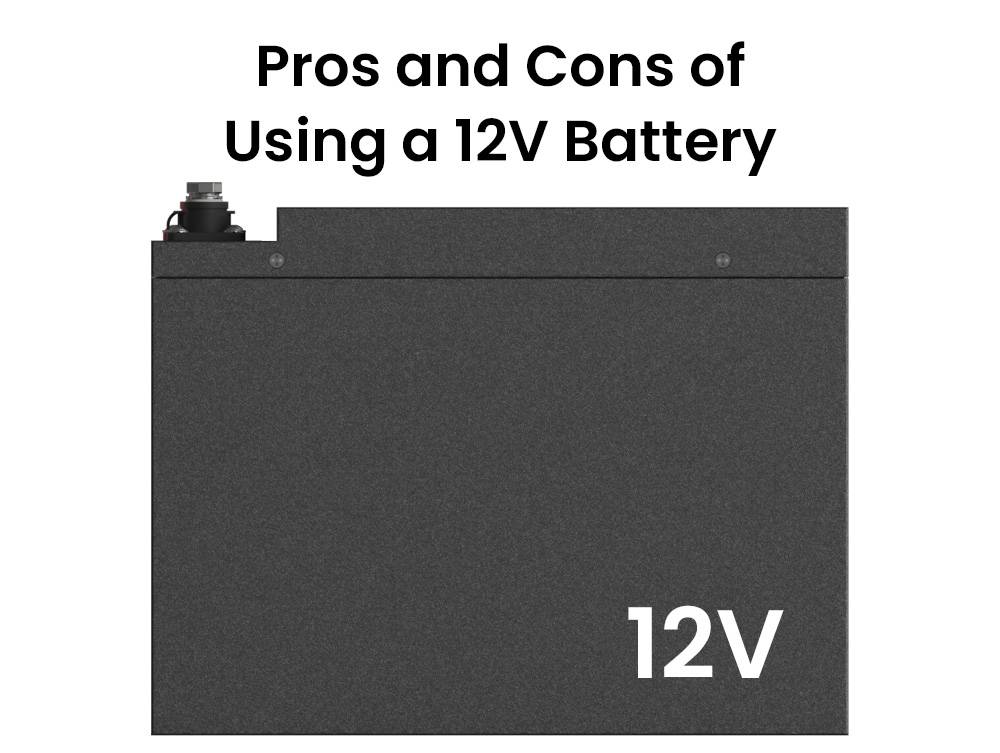
FAQs
Is a marine battery 6v or 12v?
Are two 6v batteries better than one 12v battery for RV?
Can I replace my 6v to 12v batteries?
Will a 6v battery run a 12v motor?
Can you charge a 6v battery with a 12v charger?
How long does a 6v battery last?
What should a 12v battery read when fully charged?
What is full charge on a 6v battery?
What are the Uses of a 6V battery?
How can you tell if a 12v battery is good?
Will a 6v battery run a 12v motor?
What should a 12v battery read when fully charged?
Best battery charging hack for dead batteries!!!!
What is the difference between a 6v vs 12v battery?
Can you charge a 6v battery with a 12v charger?
How long does a 6v battery last?
Why are most vehicle batteries either 12 or 6 volts?
Most vehicle batteries are 12 or 6 volts because these voltages balance performance and safety. A 12-volt system provides sufficient power for modern vehicles’ electrical demands, while 6-volt systems are often used in older or simpler vehicles.
How many cells does a 6-volt battery have?
A 6-volt battery typically has 3 cells. Each cell produces about 2 volts, totaling 6 volts.
How many cells does a 12-volt battery have?
A 12-volt battery typically has 6 cells. Each cell produces approximately 2 volts, summing up to 12 volts.
How much amperage can a 12-volt battery produce?
The amperage a 12-volt battery can produce depends on its capacity and design. Common automotive batteries provide between 400 to 1,000 cranking amps, with varying amp-hour ratings based on the battery type and size.
When is a 12-volt battery considered discharged?
A 12-volt battery is generally considered discharged when its voltage drops below 11.8 volts. Consistently discharging a battery below this level can reduce its lifespan and performance.
What is the difference between voltage and amperage in car batteries?
Voltage measures the potential difference between two points, while amperage (current) measures the flow of electrical charge. In car batteries, voltage indicates the battery’s power output capability, and amperage determines the battery’s ability to deliver power over time.
What factors can impact the voltage produced by a car battery?
Factors affecting voltage include the battery’s state of charge, age, temperature, and overall health. Low charge, extreme temperatures, and aging can reduce the voltage output.
How much electricity do car batteries produce?
Car batteries produce electrical energy in terms of voltage (typically 12 volts) and current (measured in amperes). The total energy output depends on the battery’s capacity, usually given in amp-hours (Ah) or cranking amps (CA/CCA).
How is wattage related to voltage and amperage?
Wattage is calculated by multiplying voltage (V) by amperage (A). The formula is: Wattage (W) = Voltage (V) × Amperage (A). This relation helps determine the power output of a battery or electrical system.













